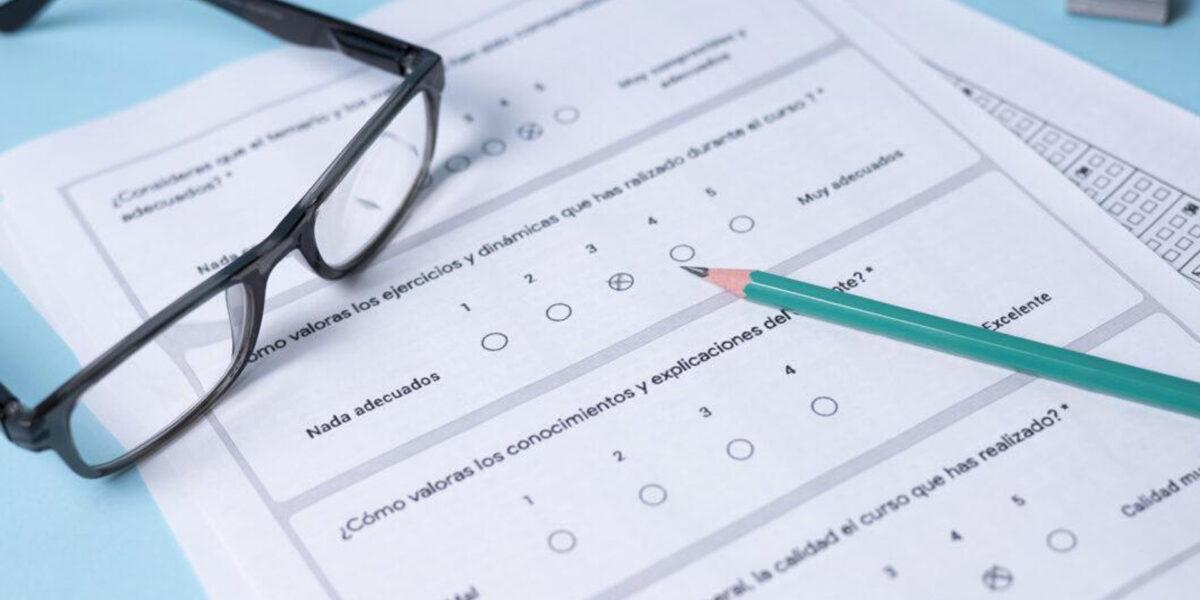The Graduate Record Examination (GRE) is a standardized test that plays a crucial role in the admissions process for graduate schools, particularly in the United States and other English-speaking countries. Whether you’re planning to pursue a master’s, MBA, or PhD, understanding the importance of the GRE can help you prepare effectively and improve your chances of getting into your desired program. This blog post will explore why the GRE matters, what it assesses, and how you can leverage your GRE score to study abroad.
1. What is the GRE? An Overview
The GRE is a standardized test that assesses your readiness for graduate-level academic work. Administered by the Educational Testing Service (ETS), the GRE is widely accepted by universities around the world, especially in the USA, Canada, Europe, and Asia. The test is divided into three main sections:
- Verbal Reasoning: Measures your ability to understand and analyze written material, as well as your skills in identifying relationships between words and concepts.
- Quantitative Reasoning: Assesses your mathematical skills and ability to solve problems using arithmetic, algebra, geometry, and data analysis.
- Analytical Writing: Evaluates your critical thinking and writing abilities through two essay tasks that require you to construct and evaluate arguments.
2. Why the GRE Matters for Studying Abroad
The GRE is more than just a requirement for admission; it’s a tool that can significantly impact your academic and professional future. Here’s why the GRE is so important:
- Global Recognition: The GRE is accepted by thousands of graduate schools and business programs worldwide. A strong GRE score can open doors to top universities and prestigious programs.
- Benchmarking Academic Readiness: The GRE provides a standardized measure of your academic abilities, helping admissions committees compare applicants from diverse educational backgrounds.
- Scholarship Opportunities: Many universities use GRE scores as a criterion for awarding scholarships and fellowships. A high GRE score can improve your chances of securing financial aid.
- Program-Specific Requirements: Some graduate programs have specific GRE score requirements. Meeting or exceeding these requirements can enhance your application and increase your chances of acceptance.
- Visa Applications: In some cases, a strong GRE score can bolster your student visa application by demonstrating your commitment to academic success and your potential to thrive in a rigorous academic environment.
3. How the GRE Can Impact Your Admissions Chances
Your GRE score is an essential component of your graduate school application, but it’s not the only factor admissions committees consider. Here’s how your GRE score can influence your chances of getting into your desired program:
- Competitive Edge: In highly competitive programs, a strong GRE score can set you apart from other applicants, especially when combined with a solid academic record, work experience, and letters of recommendation.
- Compensating for Other Weaknesses: If you have a lower GPA or limited work experience, a high GRE score can help offset these weaknesses and show that you are capable of handling graduate-level coursework.
- Holistic Evaluation: Some programs use a holistic approach to admissions, where your GRE score is considered alongside your personal statement, research experience, and other factors. A balanced application with a strong GRE score can enhance your overall profile.
4. Preparing for the GRE: Tips for Success
Achieving a high GRE score requires careful preparation and strategic planning. Here are some tips to help you succeed:
- Start Early: Begin your GRE preparation well in advance of your test date. This gives you ample time to review content, practice test-taking strategies, and address any weaknesses.
- Understand the Test Format: Familiarize yourself with the GRE format and types of questions you’ll encounter. Take practice tests to simulate the test-day experience and improve your time management skills.
- Focus on Your Weaknesses: Identify areas where you need improvement and dedicate extra time to mastering those topics. Whether it’s verbal reasoning, quantitative reasoning, or analytical writing, targeted practice can boost your score.
- Use Quality Study Materials: Invest in reputable GRE prep books, online courses, and practice tests. These resources can provide you with the guidance and practice needed to excel on the test.
- Stay Consistent: Consistent study habits are key to success on the GRE. Create a study schedule that fits your routine and stick to it, gradually increasing the intensity of your preparation as your test date approaches.
5. GRE Scores and the Admissions Process
Once you’ve taken the GRE and received your scores, it’s important to understand how they fit into the overall admissions process:
- Score Reporting: You can choose which GRE scores to send to your prospective schools. If you’ve taken the GRE multiple times, you can send only your best scores to highlight your strengths.
- Interpreting Your Scores: Understand how your scores compare to the average scores for your target programs. This will give you an idea of where you stand and whether you need to retake the test.
- Communicating Your Scores: Use your personal statement or interview to discuss your GRE scores if you believe they reflect your strengths or if you want to address any concerns about your academic preparedness.
6. Conclusion: Maximizing the Impact of Your GRE Score The GRE is a critical component of your study abroad journey. By understanding its importance and preparing effectively, you can maximize the impact of your GRE score on your graduate school applications. A strong GRE score can open doors to top programs, secure scholarships, and enhance your chances of academic success abroad. Start your preparation early, stay focused, and approach the GRE with confidence – it’s a stepping stone to achieving your academic and professional goals.


